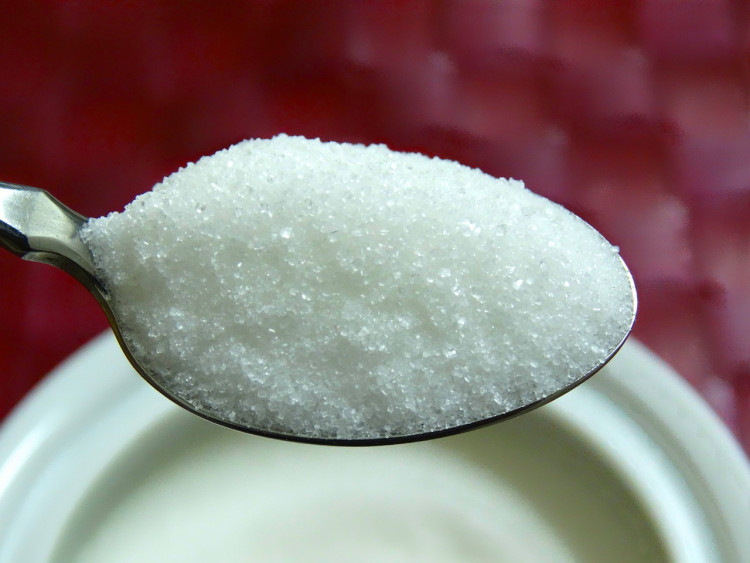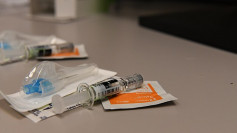In a revelation that could have significant implications for the diet industry, a new study from the Cleveland Clinic has highlighted potential cardiovascular risks associated with erythritol, a widely used low-calorie sweetener. The findings suggest that erythritol, commonly found in "keto-friendly" foods, baked goods, and candies, may be more harmful to heart health than previously understood.
Erythritol, a sugar alcohol used as a sugar substitute, was compared to glucose in a study involving healthy middle-aged volunteers. Dr. Stanley Hazen, a cardiologist at the Cleveland Clinic and lead author of the study, reported that erythritol caused notable cardiovascular effects not observed with glucose. "We compared the results, and glucose caused none of the problems," Hazen stated. The study, published in the journal Arteriosclerosis, Thrombosis, and Vascular Biology, is the first to directly compare the blood levels of erythritol and glucose post-consumption.
Erythritol and other sugar alcohols like xylitol are often marketed as healthier alternatives to sugar due to their lower calorie content. However, previous studies by Hazen's team have linked these sweeteners to an increased risk of heart attacks and strokes, suggesting that they may cause blood platelets to become stickier, thereby increasing the likelihood of clotting.
In this new research, two groups of ten volunteers each consumed a drink containing either 30 grams of glucose or erythritol after fasting overnight. Blood tests conducted before and after consumption revealed that those who drank erythritol had significantly increased platelet aggregation, indicating a higher risk of clot formation. Conversely, no changes were observed in the glucose group.
Hazen noted that erythritol levels in the blood of participants consuming the sweetener increased by 1,000-fold, far exceeding naturally occurring levels. "The amount in sugar substitutes is thousands of folds higher than what is made in our bodies, so to call it 'natural' is not accurate," he emphasized. Hazen recommends avoiding sugar substitutes and sugar alcohols in particular, citing an acute increase in the likelihood of clotting events upon ingestion.
The Food and Drug Administration (FDA) currently classifies erythritol and other artificial sweeteners as "generally recognized as safe" (GRAS). However, Hazen hopes that the mounting evidence will prompt the FDA to reevaluate their safety. International interest is also growing, with the European Food Safety Authority recommending last year that the European Commission gather more data on erythritol's presence in food to better understand its risks.
The study's findings come with some limitations, including the small sample size and the fact that it only measured short-term effects rather than long-term consumption. Additionally, the study did not compare erythritol to other common sweeteners like fructose, which is typically combined with glucose in sugary beverages. Dr. Michael Goran, a professor at the University of Southern California's Keck School of Medicine, suggested that such comparisons might provide a more comprehensive understanding of erythritol's health impacts.
Despite these limitations, the study's implications are significant. Valisa Hedrick, a registered dietitian at Virginia Tech, pointed out that while the study focused on immediate platelet activity, long-term consumption patterns might yield different results. Nonetheless, the findings underscore the need for further research into the health effects of erythritol and other artificial sweeteners.
The potential health risks associated with erythritol are particularly concerning for individuals already at higher risk for cardiovascular issues, such as those with diabetes. Dr. Michelle Pearlman, a gastroenterologist and co-founder of the Prime Institute in Miami, highlighted the importance of considering other dietary factors, such as protein, fat, and fiber, which might influence the body's response to erythritol.
Dr. Andrew Freeman, director of cardiovascular prevention and wellness at National Jewish Health in Denver, described the study as "very intriguing and interesting." While he did not call for an immediate cessation of sugar alcohol use, Freeman emphasized the need for more research to determine their safety.






